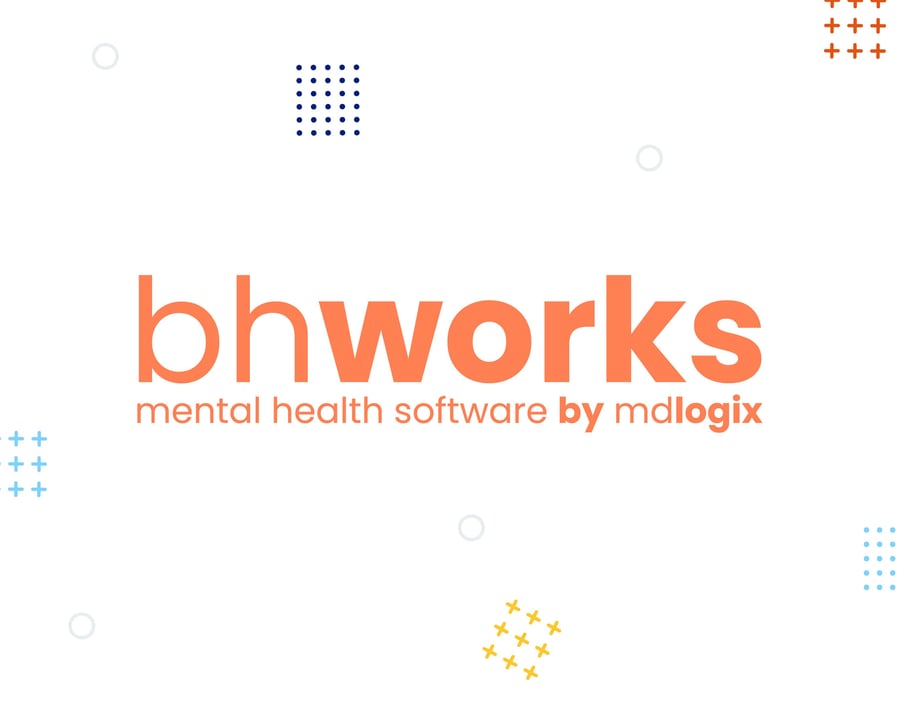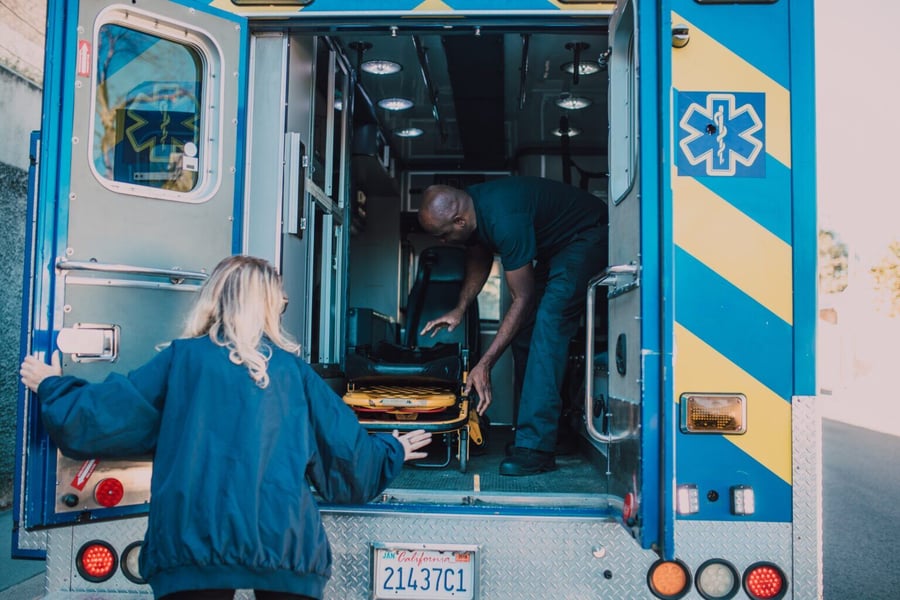Reflections of a Former Mathematician
I was not yet born when the song “The Kids Aren’t Alright,” by the Offspring, came out. I was of the prime age to listen to Fall Out Boy’s song by the same name when it came out in December 2014. But, to my chagrin, I must confess that as someone who did not really listen to much music growing up, neither song really became a part of my listening experience or my daily life – until I became an educator. Then, no matter what I did, I couldn’t seem to get that phrase out of my head:
The kids are not alright.
I have taught mathematics on-and-off at my local university for the past several years. I was a public high school math teacher for two, including my student teaching. I lead a college group at my church. And though I fancy myself a decent mathematician, even I cannot keep up the count of the sheer number of students that pass under my auspices who are plagued by mental and emotional health concerns. Many of these students desperately needed counseling and support, especially from professionals. Some of them even received it. But for many, the resources simply were not present to both detect issues and support students through them. One could call it a sign of the times.
The kids are not alright.
I have my own theories on the causes. I have my own thoughts on what is necessary to overcome this crisis, heavily influenced by my Christian faith. But no matter your background or opinions, one thing is clear – in a world where 40% of high school students feel persistently sad and hopeless and 20% seriously consider attempting suicide (per the 2023 CDC Youth Risk Behavior Survey), something must be done. Even though I no longer work as a full-time educator, I simply refuse to sit back and allow our children to suffer and die. Every single life is precious. Each one matters. And no child should have to go it alone.
So what can we do?
It is clear that access to behavioral health support is a crucial piece of this puzzle. Mental healthcare providers around the country are already going above and beyond to support our children. So we must ask, what can we do to multiply their efforts? To make sure that counselors, psychologists, and other mental health heroes nationwide can get the information they need to effectively connect students to the services they need, report on that information, and use it to inform the decisions that are necessary to make a difference? To fix this problem, it is going to take all of us working together. And I sincerely believe that bhworks is an effective software infrastructure that, in multiple states, is already helping us do that.
We can help our kids.
This software is a way to help gather the information that mental health professionals need. It’s a way to give them back time spent on logistics and administrative tasks so that they can spend it supporting kids. Can it solve this crisis all on its own? Of course not. But it can be an effective tool in the hands of those who are on the frontlines. I wish that as an educator, I would have had access to the platform to help refer students to the resources they needed. And I work at this company because I would love to someday see this platform expand all the way to where I live in coastal California, and someday even be used in the district I taught in. But for now, I will simply encourage you to look at our platform, and look into whether we can help your students. Your sons and daughters. Your nieces and nephews. Your grandsons and your granddaughters. Your future. And we’ll walk with you every step of the way.
We can help our kids.
Kyle Rachman
bhworks Technical Support Analyst
Relevant posts
Related Posts

Preventing Suicide: Breaking the Silence

New School-Based Mobile Crisis Team in Solano County

-1.png)

